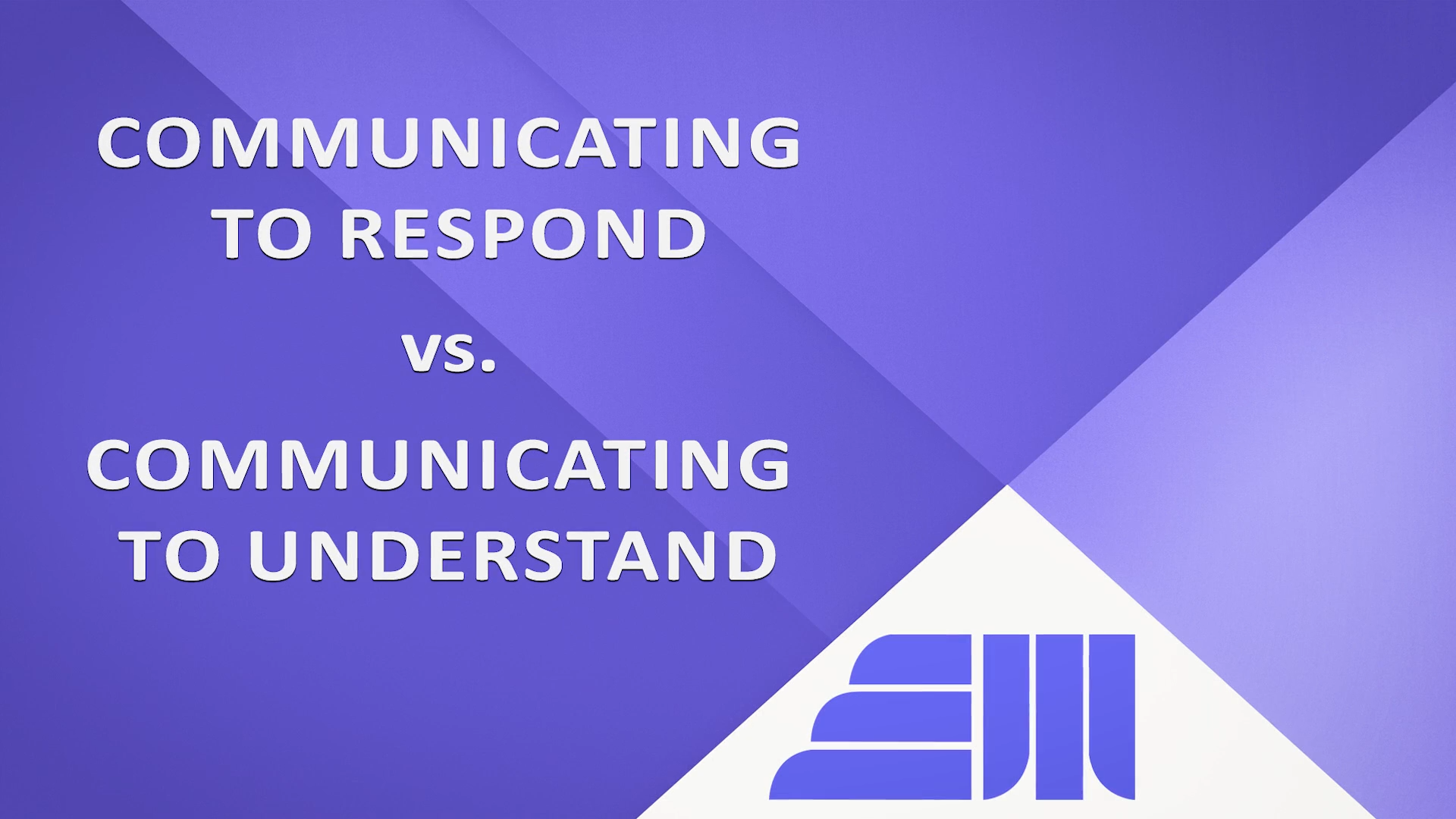
Distinguish Your Leadership with the Combination of Passion and Compassion
Being a passionate leader is no longer enough. Great leaders balance fire with empathy, drive with discernment, and urgency with understanding...

Founder
By Gerald Parsons • Jun 23, 2022
Collaboration Is Like the Rising Tide
In the world of business and innovation, collaboration is often viewed as a "soft skill." Yet, in reality, it's the cornerstone of success—a skill that can transform organizations, drive creativity, and solve complex problems. The old adage, "A rising tide lifts all boats," perfectly captures the essence of effective collaboration. When individuals and teams come together, respecting and leveraging each other's expertise, everyone benefits. The tide rises, and with it, every "boat" in the harbor—be it an individual contributor, a team, or the organization as a whole.
The Value of Expertise in Collaboration
Every individual brings a unique perspective to the table, shaped by their knowledge, experience, and skills. Yet, the magic happens when these varied perspectives are allowed to interact freely within a collaborative environment. Too often, organizations fall into the trap of micromanagement, where leaders and peers attempt to control or dilute the input of experts. This not only stifles creativity but also diminishes the potential of the team.
True collaboration means recognizing expertise, trusting it, and letting it shine. It’s about creating a space where specialists can contribute their best work while relying on others to do the same. When this happens, synergy is achieved—and the whole becomes greater than the sum of its parts.
Collaboration as a Rising Tide
Imagine an organization as a harbor, with its boats representing departments, teams, and individuals. When the tide of collaboration rises, all boats are lifted. Here’s how:
Overcoming Barriers to Effective Collaboration
While the benefits of collaboration are clear, achieving it isn’t always easy. Organizations often encounter barriers such as:
Cultivating a Culture of Collaboration
To create the rising tide that lifts all boats, organizations must actively cultivate a culture of collaboration. Here are a few strategies to get started:
Collaboration is not just a buzzword; it’s a powerful force that drives organizations forward. By letting the experts be the experts and fostering a culture of trust and respect, organizations can unlock the full potential of their teams. Just like a rising tide lifts all boats, effective collaboration elevates everyone, creating shared success and lasting impact.
So, take a step back. Let the experts shine. Trust the process of collaboration, and watch your organization soar to new heights.

Being a passionate leader is no longer enough. Great leaders balance fire with empathy, drive with discernment, and urgency with understanding...

Founder

When communication breaks down, so does trust. And when trust disappears, so does engagement, performance, and retention...

Founder

In todays rapidly evolving business landscape, organizations are increasingly recognizing that their most valuable asset isn't their technology, infrastructure, or even their intellectual property—it's their human capital.

Founder